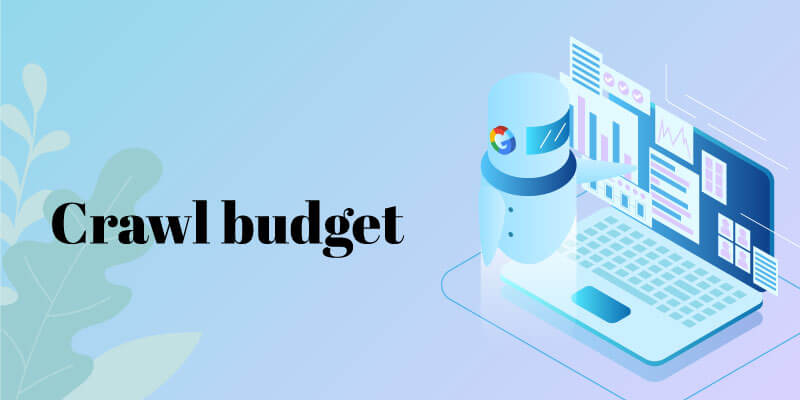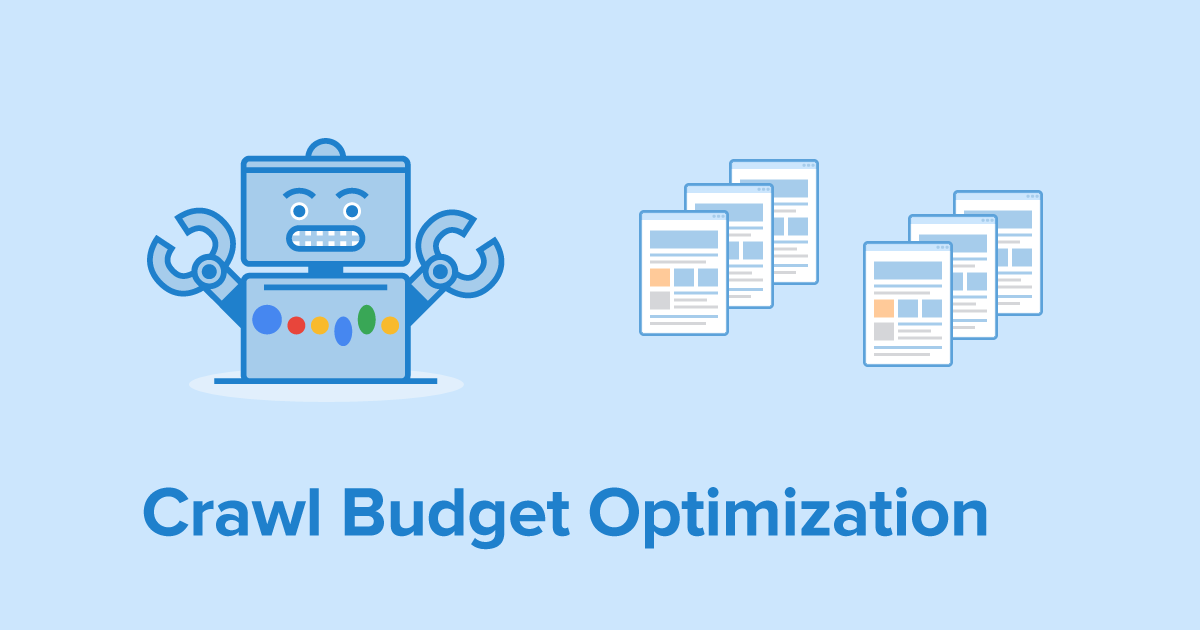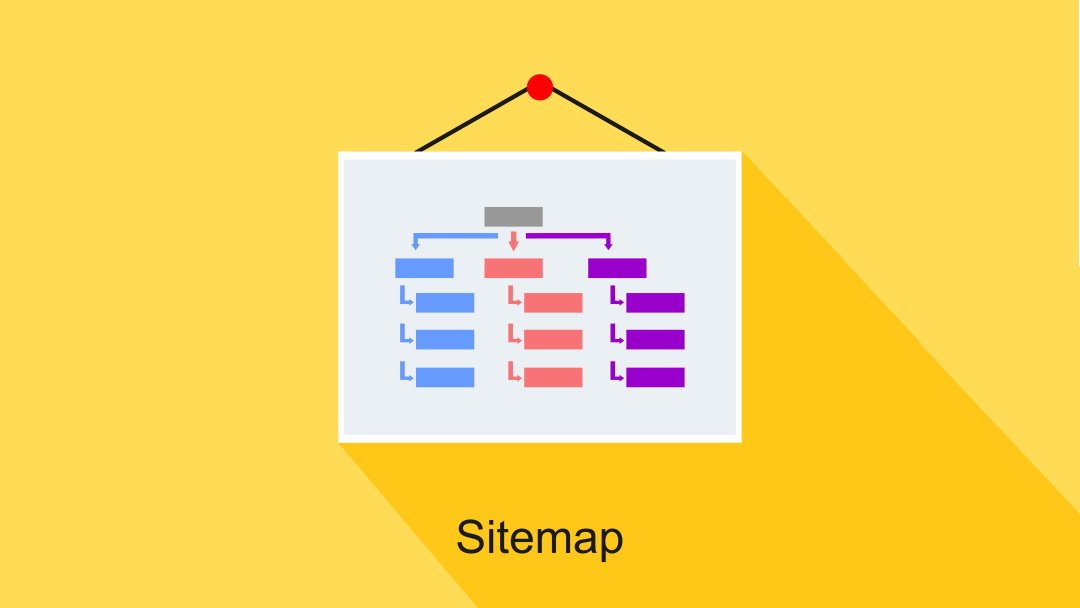Crawl Budget- When you first learn about how search enginebots function, a crawl budget may sound alien.
While they are not the simplest SEOidea, they are less difficult than they appear.
When you understand what a crawl budget is and how search engine crawling works, you can start optimizing your website for crawlability.
This procedure will assist your website in reaching its full potential for ranking in Google's search results.
Google has a certain budget for how many pages its bots can and are willing to crawl for each domain on the internet.
Because the internet is so vast, Googlebot can only devote so much time to scanning and indexing our web pages.
Crawl budget optimization is the process of ensuring that the correct pages of our websites wind up in Google's index and are eventually shown to searchers.
A more challenging technological optimization for strategists to accomplish is influencing how crawl spending is used.
However, for enterprise-level and eCommercesites, it is recommended to maximize the crawl budget whenever possible.
Site owners and SEOstrategists may direct Googlebot to crawl and index their best-performing pages on a regular basis with a few modifications.
What Is Crawl Budget?
The crawl budget is the number of pages Google crawls on your site each day.
This number changes somewhat from day to day, but it is generally constant.
Google may crawl 6 pages on your site per day, 5,000 pages per day, or 4,000,000 pages per day.
The number of pages Google crawls, or your "budget," is typically decided by the size of your site, its "health" (the number of problems Google sees), and the number of connections to your site.
There are billions of web pages on the internet.
This amount makes it impossible for Googlebot to crawl them every second of every day.
This would result in an incredibly large quantity of bandwidth being utilized online.
This would result in slower-performing websites.
To avoid this problem, Google allocates a crawl budget to each website.
The budget set influences how frequently Googlebot scans the website in search of pages to index.
A Googlebot, on the other hand, is an automated proxy that crawls a website looking for pages that should be added to its index.
It functions similarly to a digital web surfer.
Understanding Googlebot and how it operates is just a step to helping you understand the idea of crawl budgets for the SEOprocess.
How Does A Crawler Work?
A crawler, such as Googlebot, is given a list of URLs to crawl on a website.
It runs over the list in a methodical manner.
It periodically checks your robots.txt file to ensure that it is still permitted to crawl each URL, and then crawls the URLs one by one.
Once a spider has crawled a URL and digested its contents, it adds additional URLs discovered on that page that it needs to crawl to its to-do list.
Several occurrences can cause Google to believe that a URL needs to be crawled.
It may have discovered new links relating to material, or it may have been tweeted, or it may have been changed in the XML sitemap, etc.
There’s no way to make a list of all the reasons why Google would crawl a URL, but when it determines it has to, it adds it to the to-do list.
How To Optimize Your Crawl Budget Today?
There are still certain items that are quite heavy-duty, while others' relevance has shifted considerably to the point of being irrelevant.
You must continue to pay attention to the "usual suspects" of website health.
Allow Crawling Of Your Important Pages In Robots.Txt
This is a no-brainer and the most obvious first and most critical step.
Managing robots.txt may be done manually or with the help of a website auditing tool.
This is an example of when a tool is just more handy and effective.
Simply adding your robots.txt file to your preferred tool will allow you to allow or prevent the crawling of every page on your domain in seconds.
Then you just upload an altered document and you're done!
Obviously, almost anyone can do it by hand.
Watch Out For Redirect Chains
This is a practical approach to website health.
You should ideally be able to prevent having even one redirect chain on your entire domain.
To be honest, it's a difficult undertaking for a huge website — 301 and 302 redirects are unavoidable.
A slew of such, however, can significantly reduce your crawl limit, to the point where the search engine's crawler will just stop crawling without reaching the website you wish indexed.
One or two redirects here and there may not cause much harm, but it is something that everyone should be aware of.
Use HTML Whenever Possible
If we're talking about Google, their crawler has gotten a lot better at crawling JavaScript in particular, but it's also gotten better at crawling and indexing Flash and XML.
Other search engines, on the other hand, aren't quite there yet.
As a result, my personal opinion is that you should utilize HTML whenever feasible.
Don’t Let HTTP Errors Eat Your Crawl Budget
404 and 410 pages technically deplete your crawl budget.
Not only that, but they also degrade your user experience!
This is why resolving all 4xx and 5xx status codes is a win-win situation.
In this scenario, This article is again in favor of employing a website auditing tool.
SE Ranking and Screaming Frog are two excellent tools for SEO pros to employ while doing a website audit.
Take Care Of Your URL Parameters
Keep in mind that crawlers treat different URLs as individual pages, wasting significant crawl money.
Again, informing Google about these URL parameters will be a win-win situation, as it will reduce your crawl moneywhile also avoiding worries about duplicate content.
As a result, make sure to add them to your Google Search Consoleaccount.
Update Your Sitemap
Taking care of your XML sitemap is, once again, a win-win situation.
The bots will comprehend where the internal connections point better and more easily.
For your sitemap, only canonical URLs should be used.
Also, ensure that it conforms to the most recent version of robots.txt that has been submitted.
Hreflang Tags Are Vital
Crawlers use hreflang tagsto examine your localized pages. Furthermore, you should inform Google about translated versions of your sites as explicitly as possible.
To begin, provide the link rel="alternate" hreflang="lang code" href="url of page" /> in the header of your page. Where "lang code" represents a language code.
And, for each given URL, you should utilize the loc> element. You may then point to the translated versions of a page.
People Also Ask
What Is Crawl Budget In SEO?
In a nutshell, if Google does not index a page, it will not rank for anything.
If the quantity of pages on your site exceeds the crawl budget, you will have pages that aren't indexed.
A large number of pages may have an impact on indexing.
However, the great majority of websites do not need to be concerned with crawl budget. Google is quite effective at locating and indexing pages.
How Do I Check My Crawl Budget?
Whether you operate on a site with 1,000 or a million URLs, instead of trusting Google's word for it, you should check for yourself to determine whether you have a crawl budget problem.
The simplest approach to verify your crawl budget and see whether Google is missing any of your pages is to compare the total number of pages in your site architecture to the total number of pages crawled by Googlebot.
This necessitates the use of a web crawler as well as a log file analyzer.
When Should You Worry About Crawl Budget?
On popular pages, you normally don't have to worry about the crawl budget.
Pages that are newer, poorly connected, or do not update frequently are less likely to get crawled.
Crawl budget can be an issue for younger sites, particularly those with a large number of pages.
Conclusion
Applying these improvements to a site with millions of pages may open up a world of possibilities — not only for your crawl budget but also for your site's traffic and income!
While you cannot control how frequently or for how long search engines index your site, you may optimize it to make the most of each crawl.
Begin with your server logs and then go further into your Search Console crawl report.
Then, address any crawl mistakes, link structure difficulties, and page performance concerns.
Focus on the rest of your SEO plan, such as link buildingand providing great content, while you go through your GSC crawl activities.
Your landing pages will rise in the search engine results pages.



